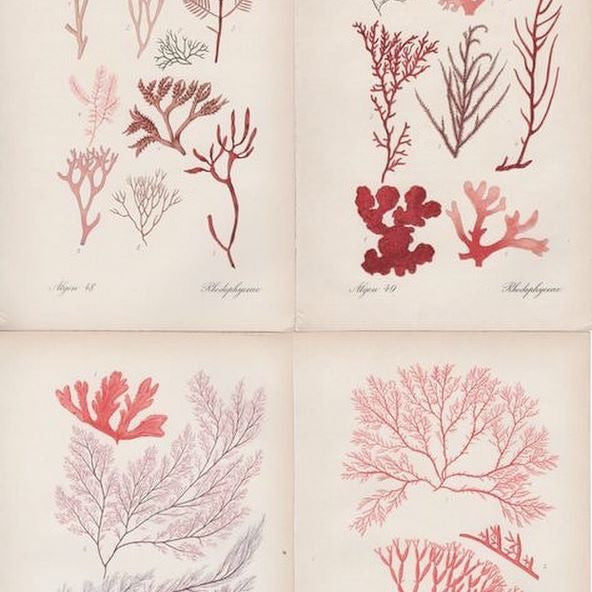Innovative Non-Toxic Skin Healing Solutions
Innovative Non-Toxic Skin Healing Solutions
Innovative Non-Toxic Skin Healing Solutions
June 20, 2017

by Stacy Matthews Branch
There is increasing interest in the use of natural substances to prevent or treat diseases and to relieve the effects of traumas. This includes the search for the best natural treatments for conditions and trauma to the largest organ of the human body, the skin. Many skin abnormalities are associated with the effects of biochemical imbalances within the skin’s cells. A very important example is the effect of oxidative stress on the skin. Oxidative stress is an imbalance between the production of reactive oxygen species (ROS, such as free radicals) and the cells’ ability to neutralize these ROS or repair damage that is caused by them.
An active substance that has been extensively researched for its ability to prevent and relieve oxidative stress is natural astaxanthin. What is Astaxanthin? Astaxanthin is a natural red pigment derived from marine species (e.g., shrimp, fish, red algae, and crayfish) that has powerful antioxidant properties and has been found to alleviate the effects of physical traumatic injury. The US Food and Drug Administration (FDA) has designated astaxanthin as a substance that is generally recognized as safe (GRAS). Yet, it has been found to have powerful properties that can prevent early burn-wound progression (conversion of a superficial partial-thickness burn wound to a deep partial- or full-thickness burn wound).
Clinical studies have demonstrated the ability of astaxanthin to protect organs from oxidative damage. For example, a study in soccer players showed that astaxanthin can increase the levels of an enzyme (paraoxonase 1) that has antioxidant and anti-inflammatory activity but is decreased with oxidative stress (1). The astaxanthin use for treatment in the soccer players may, therefore, protect paraoxonase 1 from break-down allowing it to provide its antioxidant effects.
Another study showed that in men and women given oral and topical astaxanthin showed, the treatment lead to substantial improvement in the appearance of crow’s feet, skin elasticity and texture, and in skin moisture levels (2). These and other clinical studies indicate that astaxanthin acts as an antioxidant, blocks the damage that oxidative stress can cause, and prevents mediators of inflammation. It is a very effective natural substance with application as a topical and oral substance to relieve the effects of injury and help with anti aging. You can find topical astaxanthin in our non toxic skin care collection.
Have questions about the benefits of astaxanthin? Talk to a healthcare professional or reach out to us at info@seasidemedicaltech.com.
------------
References
1. Baralic, I., Djordjevic, B., Dikic, N., Kotur-Stevuljevic, J., Spasic, S., Jelic-Ivanovic, Z., Radivojevic, N., Andjelkovic, M. and Pejic, S. Effect of astaxanthin supplementation on paraoxonase 1 activities and oxidative stress status in young soccer players.
Phytotherapy Research 27:1536-1542, 2013.
2. Tominaga K, Hongo N, Karato M, Yamashita E. Cosmetic benefits of astaxanthin
on humans subjects. Acta Biochim Pol. 2012;59(1):43-7.
Comments will be approved before showing up.
by Dr. Stacey Mat...
Mar 07 2021
The rules for sk...
Jul 31 2019
When it comes to ...
Jun 16 2019
Sign up to get the latest on sales, new releases and more …
Lorna Ginette Harrison
October 14, 2017
Hi,
I’d be grateful if you could confirm whether or not the MatrX B Anti-Inflammatory Complex ingredient in your Post-Traumatic Response Gel contains the ingredient Astaxanthin.
As there are two articles on your website about the skin care benefits of Astaxanthin, I’m interested to know if this is the MatrX B ingredient included in your Post-Traumatic Response Gel formula.
Many thanks for your help!
Lorna.